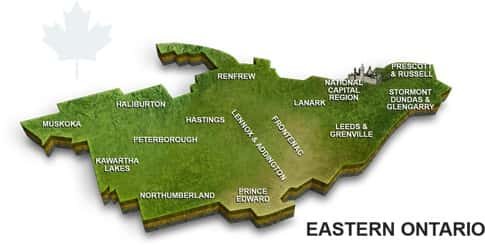Ottawa Construction News staff writer
The provincial government has put a “pause” on the Ontario College of Trade’s (OCOT) process to certify general carpentry and other trades as compulsory, as it prepares to appoint a special advisor to review its processes.
Zak Paget, a spokesperson for the Ministry of Trades, Colleges and Education, which oversees the OCOT, said the decision on who the advisor will be will be made in the “near future.”
Premier Kathleen Wynne announced the review during the election campaign, observing in Sudbury comments reported by the Canadian Broadcasting Corporation that “It’s a very new entity.”
“Figuring out whether the scope of its authority is the right scope, and in the interim, putting a moratorium on any more compulsory trades being identified while we do that review – that’s the responsible thing to do,” she was quoted as saying.
Now that the Liberals have a solid majority, of course, there is nothing stopping Wynne and her cabinet in moving forward with the campaign platform promises.
“Our government believes that Ontario’s skilled tradespeople have the right to govern themselves and deserve to have decision-making power over their own industry,” Paget said. “That’s why we established the College of Trades, an independent, industry-driven governing body. Based on the feedback of skilled tradespeople over the past year, we are appointing a special advisor to review the College’s application process and scope of practise of trades, including how the scope of practice relates to enforcement. We will pause the certification of new compulsory trades during this review.”
The “scope of practice of trades” relates to one of the biggest problems that has arisen with the OCOT – the issue of jurisdictional boundaries, and the problems of enforcement for violations or disputes around who can do different tasks on construction sites.
The Labourers Union has expressed serious concerns about the issue, especially as OCOT inspectors have started enforcing and levying fines for tasks that the union says have long been considered within its members’ regular duties. The enforcement issues currently relate to the existing compulsory trades, such as electrical and mechanical work, but presumably would become much more serious if compulsory certification is extended to general carpentry and other trades.
Paget said the government will move forward with selecting the advisor “and working with that advisor to determine the details of the review process.”
“At this point, it is difficult to give an exact timeline, but given that it is a priority for the government to ensure that the College of Trades can carry out its mandate to help skilled tradespeople as effectively as possible, the government will look to launch this review process in the near future,” he said.
Ontario Regulation 275/11 from 2009 sets out the scopes of practice for construction trades and is a key element of the OCOT’s jurisdictional structure.
For example, the regulations set out general carpentry’s scope as “including the following:”
1. Establishing building procedures.
2. Preparing a work site for building.
3. Laying out, constructing and installing form work.
4. Framing floors, walls, ceilings and roofs.
5. Installing interior and exterior finishing materials and hardware.
6. Constructing heavy framing using post and beam and timber construction.
7. Building stairs, newel posts, handrails and balustrades.
8. Laying out, constructing and installing door and window systems including hardware.
9. Performing renovations. O. Reg. 275/11, s. 15.
As OCOT inspectors have the power to levy fines for non-certified individuals performing work within the compulsory trade’s mandate, conceivably many tasks currently completed by construction labourers or other trades would come under the “general carpentry” designation, and be subject to inspection, ticketing and possibly even more serious penalties, assuming the existing scope of practice and other OCOT regulations remain in place.







